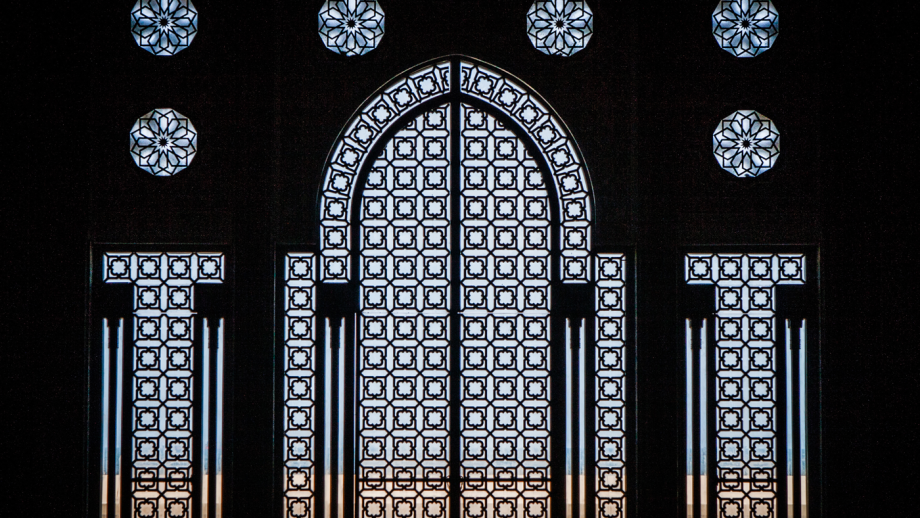“Do all these things, and they will light up the darkness of the grave,” the matriarch instructed the younger women around her. “This is your hope and comfort after you die.”
Frontiers field worker Vivian looked at the women’s grim faces and felt their grief and hopelessness.
Vivian and her husband, Trent, live in Central Asia were they’ve spent 22 years investing in the lives of countless people. In that time, they’ve welcomed many into the Kingdom.
On this evening, Vivian had joined other neighborhood women to visit a new bride who had just moved onto the street.
Sitting in the young bride’s living room, the conversation had turned to spiritual matters. One woman spoke about her fear of death. “I can’t stand going to funerals,” she said. “Death scares me.”
Malika, the new bride’s mother-in-law and a trained Islamic teacher, admonished the women to focus on earning as much merit as they could in this life.
“If you do all your prayers, and bow down 100 times a day, and if you take longer doing your prayers, it will light up the darkness of your grave,” Malika said. “This will be your hope and comfort when you die.”
Malika’s encouragement did little to lift the heavy weight of fear in the room. Vivian could see that the women were not at all comforted by this false and uncertain hope. One lady muttered that she couldn’t remember everything she’s supposed to do as a good Muslim.
The conversation rattled on. Each woman expressed her fear of death. Some said that maybe one day they’d find the answer in a religious text peddled by a bookseller in the market.
“I am not afraid,” Vivian announced. “God is holy, and that’s why we all fear death—because none of us are clean enough to come before Him.” Vivian explained that God loves us and wants us to be with Him, and that He’s made a way for us to enjoy Him for eternity.
Malika interrupted. “Do you pray namaaz?” she asked. “Do you do the ritual washings before you pray?” Vivian responded, and Malika continued interrogating her. Each question gave Vivian a chance to explain how God can give us a clean heart.
“What books have you learned all this from?” asked Malika. Before Vivian could answer, Malika stated, “Don’t tell us you’ve learned this from the books of the Bible. We can’t learn from those. They’ve been changed. The Quran is the final authority.”
“Why do you say that, when even the Quran tells true Muslims to read the books of the Bible?” Vivian asked. “God says we have no religion if we haven’t read all the Holy Books.”
Malika yielded. “You’ve read more than I have. Where does it say that in the Quran? Would you show me those verses?”
The next evening, Vivian visited Malika. They opened up the Quran and Vivian showed her the verses that instruct faithful Muslims to read the Injil—the books of law in the Old Testament, the Psalms, and the Gospels.
“I’ve found so much peace and joy learning about God from the Bible,” Vivian told Malika. “I want others to have the same experience.” Vivian suggested they meet to study stories from the Bible.
“I think that will be good,” Malika replied.
- Thank God for Malika’s budding interest in studying the Word with Vivian.
- Pray that the Bible will get into the hands of even more women, so that entire families can discover the truth of Christ.
- Praise God for workers like Vivian and Trent, and pray for more laborers who will go and bring the Gospel to Muslims.
**This account comes from a long-term worker. Names have been changed for security.**

